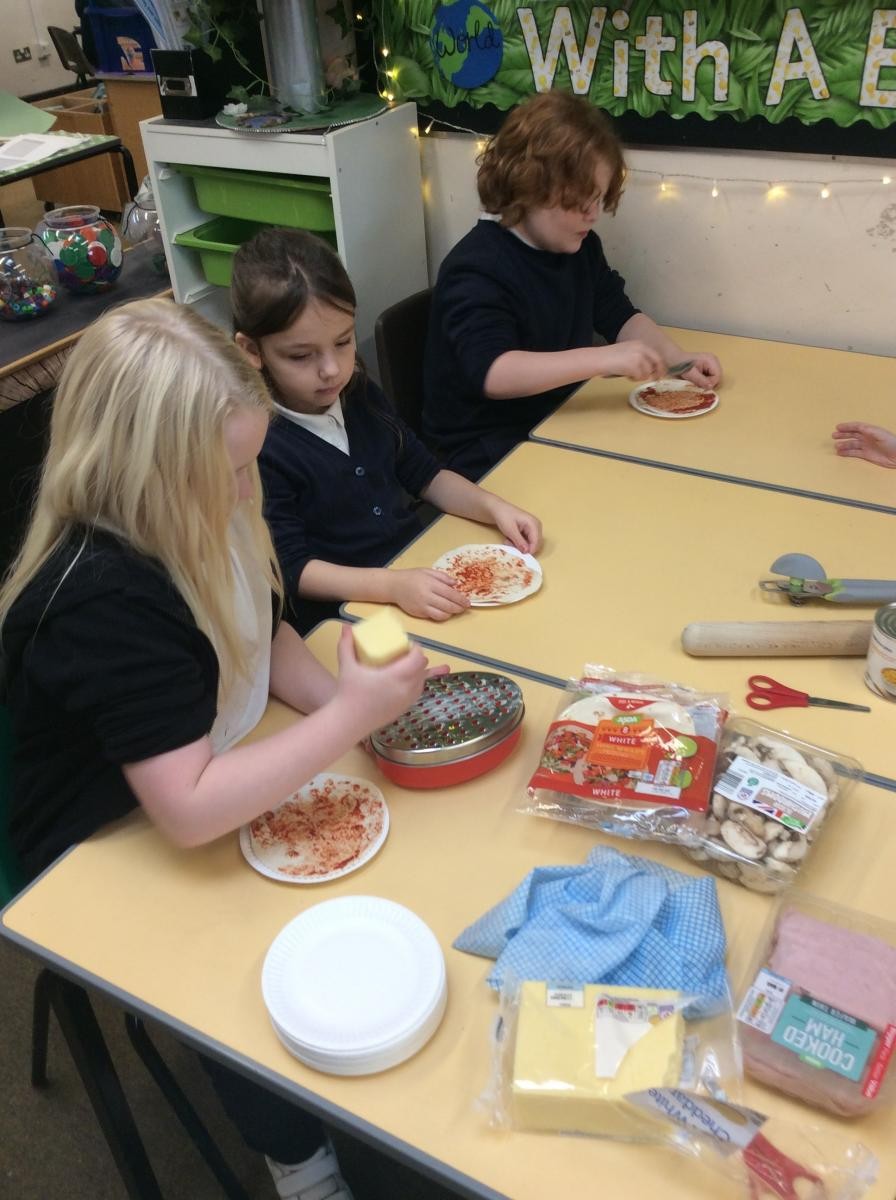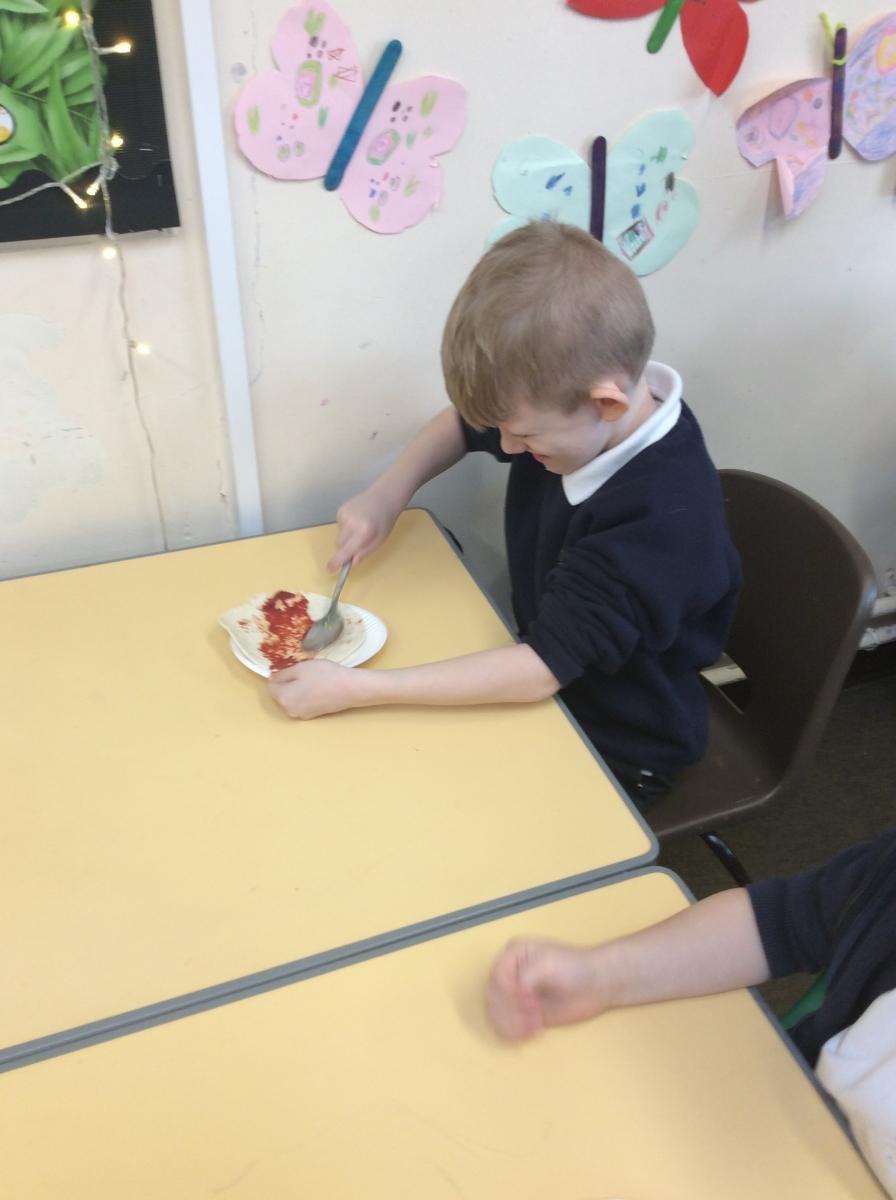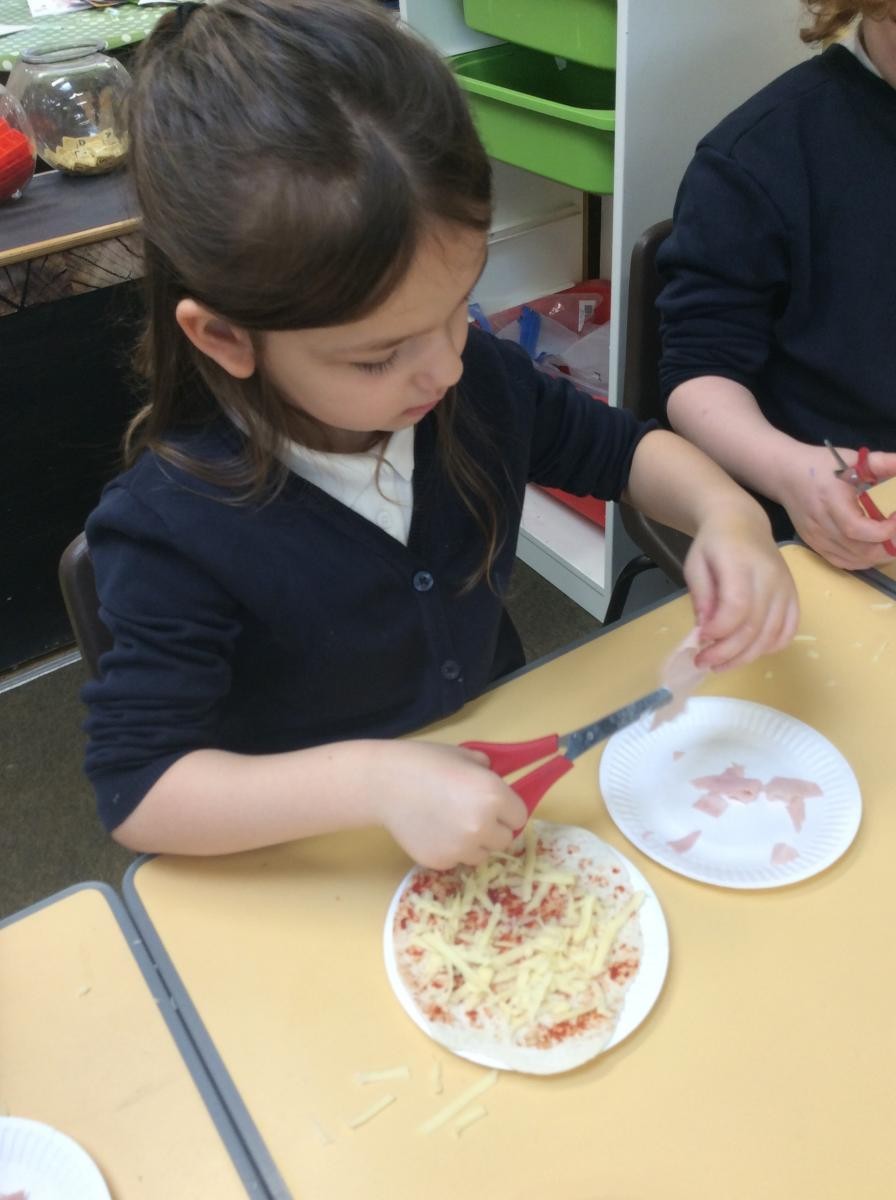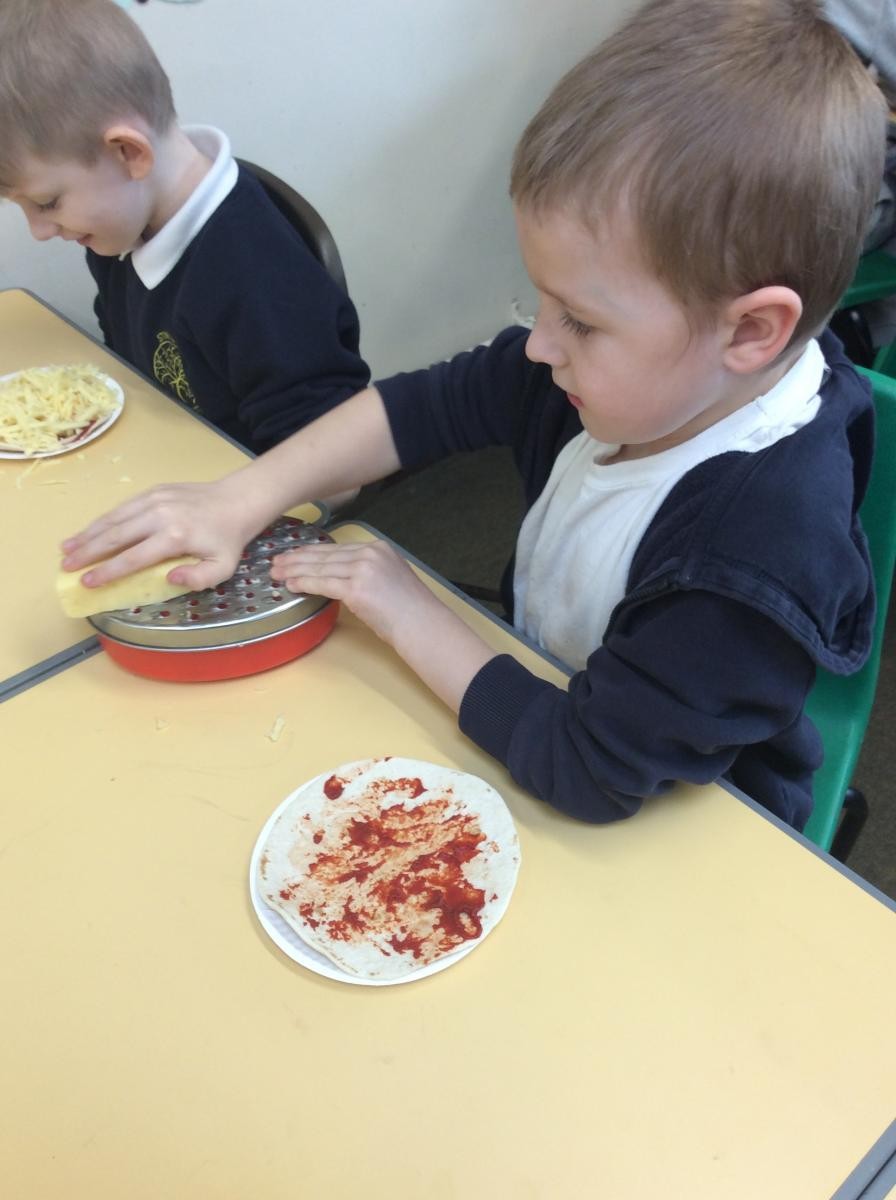Curriculum Intent
At Stoneydelph Primary School, it is crucial that pupils develop the creative, technical and practical expertise needed to perform everyday tasks confidently.
Implementation
- A clear and comprehensive scheme of work in line with the National Curriculum.
- When designing and making, pupils will be taught: to Design; Make; Evaluate; & Technical Knowledge.
- Educational visits & Curriculum enrichment- where applicable, links to Design will be made to develop the children’s learning experiences.
- A cycle of lessons, for each topic, which carefully plans for progression and depth.
- A means to display and celebrate children’s makes in class.
- Children will build and apply a repertoire of knowledge, understanding and skills in order to design and make high-quality products.
- We will ensure children understand and apply the principles of nutrition and learn how to cook.
- We intend to teach skills to critique, evaluate and test their ideas and products and the work of others.
Impact
- Children will achieve at least age related expectations at the end of each year.
- Children retain the information about their technical knowledge and can apply knowledge and skills to other pieces of work.
- Children will use creativity and imagination, to design and make products that solve real problems within a variety of contexts
- On going assessments take place throughout the year. Teachers use these assessments to inform future planning,
- Children are prepared to ‘have a go’ and experiment with different methods and ideas, rather than automatically saying they cannot build or make.
Design Technology at Stoneydelph is an engaging and dynamic subject that fosters creativity and problem-solving skills among students. We adopt a practical approach that encourages children to actively engage in their learning process. Throughout the curriculum, pupils are provided with the opportunity to research, design, make, and evaluate products against specific criteria. This iterative process is essential in helping them understand the complexities of product development.
Furthermore, we place significant emphasis on the importance of the end user in the design process. Students are encouraged to consider the needs and preferences of potential users, which not only enhances their designs but also fosters empathy and a deeper understanding of the impact of their work. By bridging theory with hands-on experience, we aim to equip our students with the necessary skills and knowledge to succeed in an increasingly technological world.




